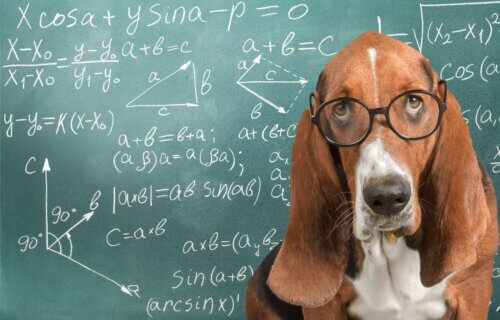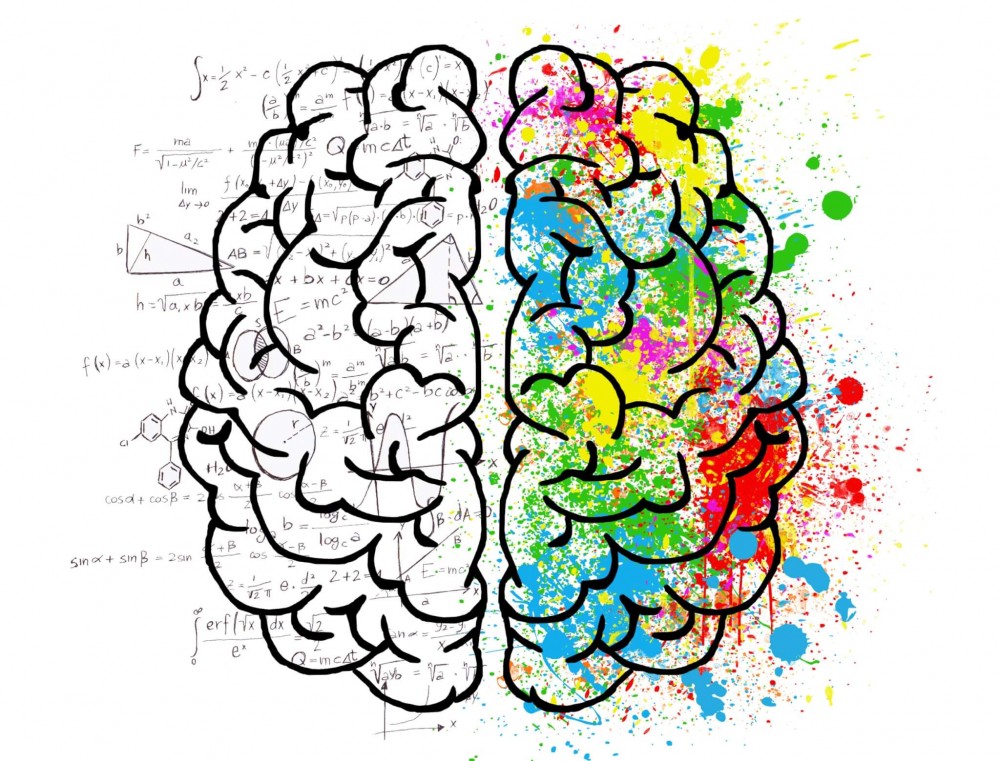
HONG KONG — Can animals count? Numerical acumen has long been seen as a distinctly human ability. However, a game-changing discovery from scientists at the City University of Hong Kong (CityUHK) and the Chinese University of Hong Kong (CUHK) has seemingly confirmed the existence of hidden number skills among rats.
This newly identified sense of numeracy among rodents offers crucial insight that may help scientists further investigate the neural basis of numerical abilities and disabilities in humans, the research team explains. Study authors utilized a numerical learning task, brain manipulation techniques, and AI modeling in an attempt to answer the ongoing debate regarding whether animals can count, explains Prof. Yung Wing-ho, Chair Professor of Cognitive Neuroscience at CityUHK, who collaborated with CUHK scientists at the Faculty of Medicine.
The findings are now shedding light on the mechanisms underlying numerical ability, considered a key cognitive ability fundamental to mathematical aptitude, seen as a hallmark of human intelligence.
Professor Yung, who is also Associate Dean of the Jockey Club College of Veterinary Medicine and Life Sciences at CityUHK, adds researchers set out to minimize the influence of continuous magnitudes in numerical tests. They conducted a meticulous quantitative analysis during the study in order to determine the respective contributions of numbers and magnitudes. Study authors also put together an algorithm for generating stimuli that enable animals to focus only on numbers while minimizing other distracting factors.
“This will help us better understand how animals perceive and quantify numbers,” Prof. Yung explains in a media release.

Researchers discovered that rats lacking previous knowledge of numbers could still develop a sense of numbers if trained with sounds representing two or three numbers. Even with the influence of continuous magnitudes, the rodents consistently stayed focused on the number of sounds while making choices for food rewards.
Moreover, researchers say this work helps break down the relationship between magnitude and numerosity processing. They note that upon blocking a specific part of the rats’ brains (called the posterior parietal cortex), the rats’ capacity to understand numbers changed – but not their sense of magnitude. This suggests, according to Prof. Yung, that the brain has a specific area for dealing with numbers.
In summation, this work not only solves a long-standing mystery about how brains handle numbers but also offers new insights into the study of specific neural circuits involved in number processing in animals, as well as how genes show an association with mathematical ability. Meanwhile, the specific findings gathered from neural network modeling may hold practical applications in the field of artificial intelligence.
The full study is published in Science Advances










